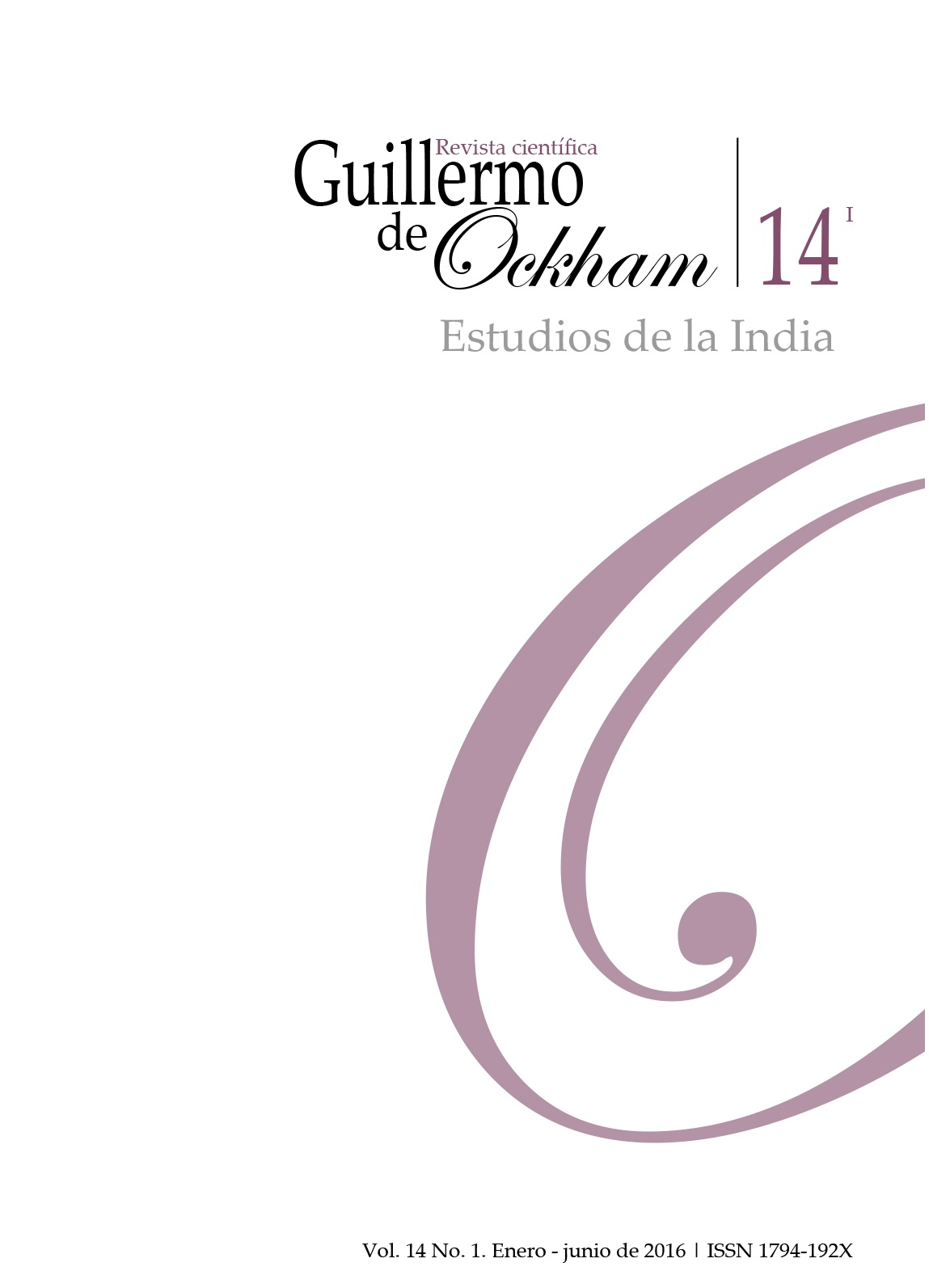The Revista Guillermo de Ockham provides an immediate and open access to its content, based on the principle of offering the public a free access to investigations to provide a global interchange of knowledge.
Unless otherwise established, the contents of this journal has a license with Creative Commons Attribution-NonCommercial-NoDerivatives 4.0 International (CC BY-NC-ND 4.0) http://creativecommons.org/licenses/by-nc-nd/4.0/
- Attribution: You must give appropriate credit, provide a link to the license, and indicate if changes were made. You may do so in any reasonable manner, but not in any way that suggests the licensor endorses you or your use.
- NonCommercial: You may not use the material for commercial purposes.
- NoDerivatives: If you remix, transform, or build upon the material, you may not distribute the modified material.
- No additional restrictions: You may not apply legal terms or technological measures that legally restrict others from doing anything the license permits.
Abstract
The present article attempts to establish the following propositions:
1. The remarks to be found in the initial segment of the so-called Saṃbandha-Samuddeśa (SS) of Bhartṛharti’s Vākyapadīya, or Trikāṇḍī, can be interpreted in a way which permits to regard them as the expression of a valid theoretical view.
2. It is important to investigate the possible existence of a sound theoretical motivation in philosophical treatises not only under the perspective of philosophical analysis but even in the framework of traditional textual exegesis irrespective of whether the textual sources represent a Western or a non-Western tradition of thought.
References
Houben, J. E. M. (1995). The Saṃbandha-samuddeśa. (Chapter on Relation) and Bhartṛhari's Philosophy of Language. Groningen: Gonda Indological Studies.
Oetke, C. (2012). Ascription of Linguistic Properties and Varieties of Content. Two Studies on Problems of Self-Reference. Stockholm: Stockholm Oriental Studies.
Oetke, C. (2013). Inconsistency, Paradox and Linguistic Content. Did Bhartṛhari Offer a Solution for Truth-Paradoxes? Revista de Filosofía de la Universidad de Costa Rica, 57(134), 9-39.
Partee, B.H., Meulen, A., & Wall, R. E. (1990). Mathematical Methods in Linguistics. Studies in Linguistics and Philosophy. Dordrecht: Kluver Academic Pubishers.
































